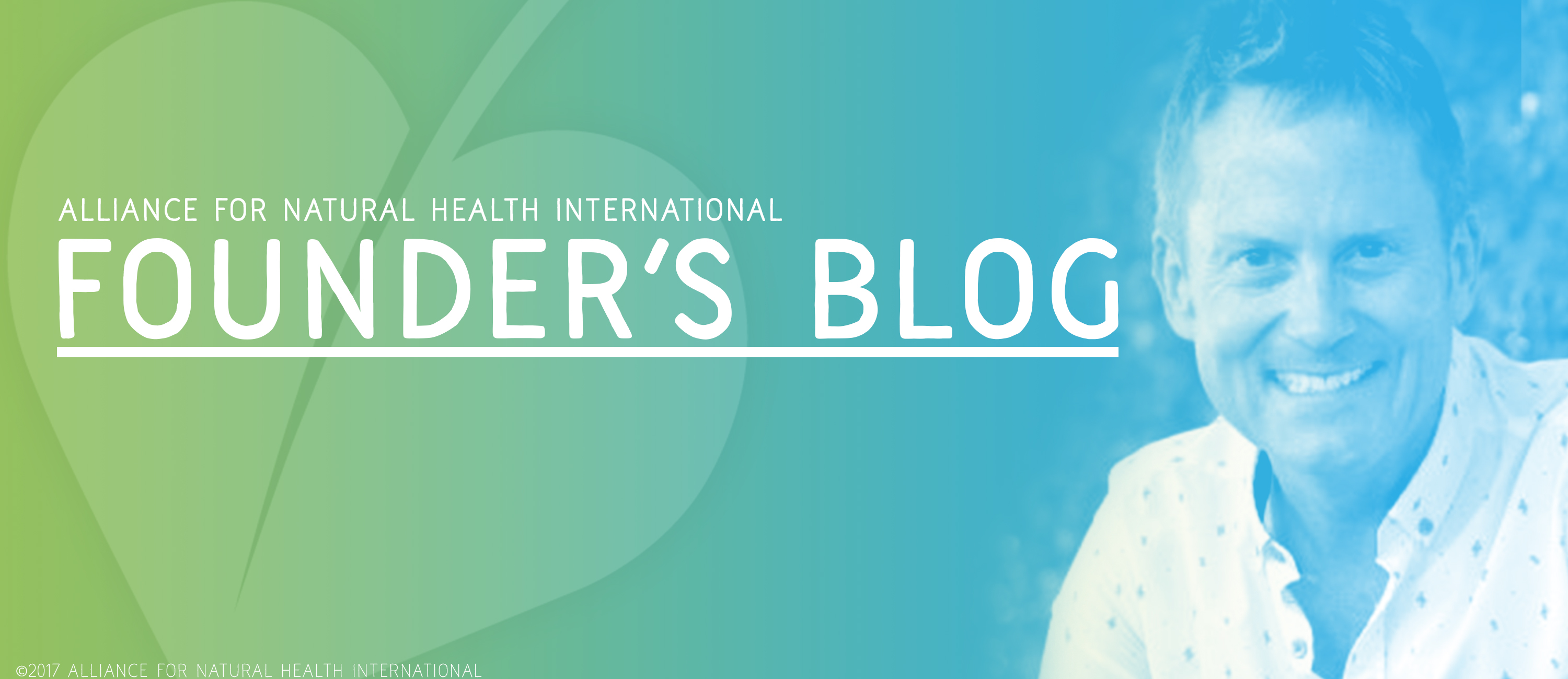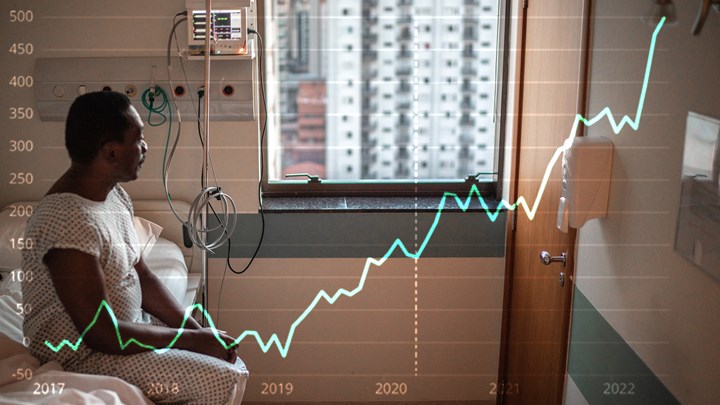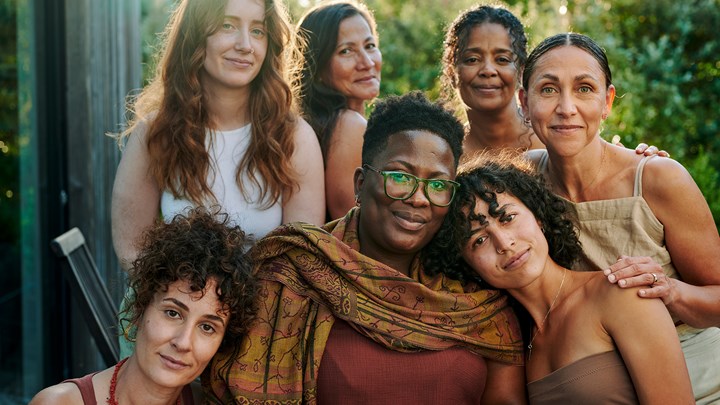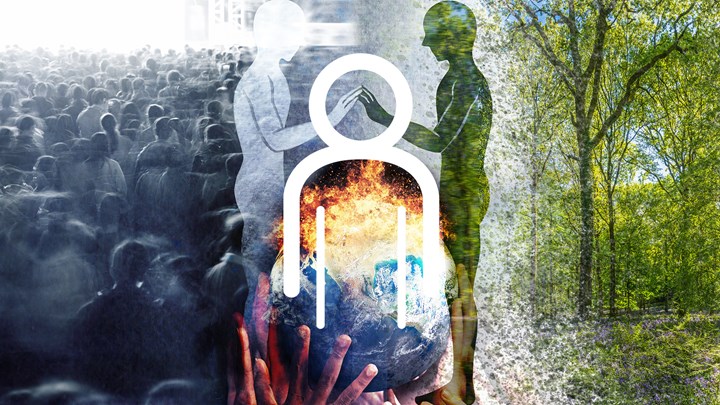Content Sections
By Rob Verkerk PhD, founder, executive and scientific director
It’s a big day in the UK – we have a new Prime Minister in the form of Boris Johnson. He’ll be trying to pull off what Theresa May couldn’t. But it’s not just Brexit, it’s a divided party and a divided country that Mr Johnson will endeavour to repair. And then there’s bringing about positive outcomes, for people, country, the economy, industry, healthcare and the environment, to name just a few key areas. Quite a big ask, you might say.
Hippocrates said what?
This notion of big ideas and big visions is one I’d like to pick up in this video-assisted blog – about how we manage our health. In short, doctors are the professional group with whom many of us entrust our most valuable asset: our health. Doctors are harvested from the cream of our academic systems that select out the most academically gifted from those of average or lesser ability. When these are streamed into medical school, they often have strong ideologies based around helping people. Many young doctors sign up to the principle that is often incorrectly attributed to the Hippocratic Oath, in which they promise “primum non nocere.” This is a Latin translation from the original Greek, which, in English means “first, do no harm.”
It turns out that while Hippocrates did propose that physicians should “first, do no harm”, this statement is derived from a different work, “Of the Epidemics”, not the Hippocratic Oath.
Killer drugs
Roll forwards around 2,420 years. A brand new study from a team at Manchester University, about which we’ve commented in our news snippets this week, shows that in developed countries doctors inflict considerable harm. What's more, 12% of the preventable harm was found to be severe or led to death.
This won't be a great surprise to those who’ve followed the work of Dr Peter Gøtzsche and others that suggests prescription drugs are the third leading cause of death. It’s also in line with two studies we commissioned a few years back using both UK and EU government data that show preventable deaths in hospitals are up there among the single greatest risks we face in society.
Don’t expect too much from your doctor
The system doesn't go out to turn doctors into killers. But we seem to just accept the harms along with the benefits, whatever they may be. What we don't often consider is that we just expect too much from them. Those who die at the hands of doctors are often badly broken by the time they get into the health system – not to mention that doctors are often not given the tools or the understanding they need to repair the complex breakdowns they encounter.
We also don't spend enough time seeing things from the doctor’s perspective. In this sense, Dr Brian Goldman says it so well in this TEDx talk from 2011, where he calls on doctors to be more open about their mistakes.
Getting off the drug bandwagon
The next piece of the puzzle is what might happen if we are to depend less on drugs. Peter Gøtzsche proposed, “There are simple solutions to our deadly drug epidemic. Make fewer diagnoses, prescribe fewer drugs and tell the patients to read the package insert on the internet. Then they might never take the drug.....A life without drugs is possible for most of us most of the time.”
Hippocrates also understood the value of doing things that didn’t involve direct intervention by a doctor that might cause harm. In the Hippocratic Oath (the real one!), he suggested: “I will not give a lethal drug to anyone if I am asked, nor will I advise such a plan.....I will use those dietary regimens which will benefit my patients according to my greatest ability and judgement, and I will do no harm or injustice to them.”
These two commentaries, separated by nearly 2,500 years, remind us that drugs kill, and that there may be better ways of doing things.
What are our real needs?
This brings me to the thrust of where I’m really going with this blog. Doing nothing isn’t the alternative. - because we never do nothing. We're always interacting with one part of our environment or another, whether it's our friends or families, our diets, our shopping centres, communities, therapists, healers - you name it. Those who take drugs don't do so because their bodies are clamouring for drugs. As it happens, very few of us (recovering drug addicts) suffer from drug deficiency diseases.
Providing the best environment possible for self-healing is an often under-estimated alternative option. Okay, it's the central plank of naturopathic medicine and a whole host of more holistic therapies. Yet, in mainstream medicine, optimising self-healing has been marginalised, much of this being at the hands of drug interests who have for over 60 years ensured that well over half of a doctor’s medical training will be devoted to drug pharmacology and the administration of drugs.
Placebo research – such as that conducted by Dr Ted Kaptchuk from Harvard – reveals just how powerful the doctor-patient relationship can be, in the presence or absence of drugs. This brings me to Dr Kaptchuk’s 2014 TEDMED video on his group’s work on the placebo effect, in which he reveals how a good doctor can unleash a “veritable pharmacy” of endogenous compounds including opioids that promote healing.
Go fix the bucket
Everything points to a societal need to find better ways of doing healthcare than simply prescribing drugs or doing surgery. We need something that works better, especially as more and more of us suffer complex, chronic conditions that don't respond well to drugs — and age-structures get more top heavy.
When you look at the scale of preventable harms, it’s analogous to pouring water into a leaking bucket. Is the solution to keep finding more water (more and newer drugs), or is the solution to repair the bucket (create healthy people)?
Our focus needs to change dramatically. We need to stop thinking that doctors are the people we need to help create health. They just don't get taught much about how to do this, so let's not expect them to be able to do it! They’re trained to try to temper or manage people’s diseases with a very limited set of tools. We simply expect too much from them and that’s reflected by the immensity of the physician burnout problem.
Getting radical isn’t as radical as it sounds
We need a radically different approach that creates health in communities. Radical it might be – but actually it’s about doing something that’s consistent with our evolutionary norms. We need to understand a whole lot more about what makes us tick, and what makes us heal. Our 60-year love affair with new-to-nature drugs has been something of a distraction.
Our blueprint project is our gesture to helping to redress this imbalance. Understanding more about the things that really work for us – that keep us healthy for as long as possible. Learning about how we can do this outside the hospitals and clinics that may otherwise do more harm than good. And so we can reserve these important places for our times of real need, when there really are no other options available to us.
Find out more here.








Comments
your voice counts
25 July 2019 at 12:48 pm
First video is
https://www.ted.com/talks/brian_goldman_doctors_make_mistakes_can_we_talk_about_that
second is TEDMED 2014: Ted Kaptchuk
https://www.youtube.com/watch?v=bbu6DolnUfM
Your voice counts
We welcome your comments and are very interested in your point of view, but we ask that you keep them relevant to the article, that they be civil and without commercial links. All comments are moderated prior to being published. We reserve the right to edit or not publish comments that we consider abusive or offensive.
There is extra content here from a third party provider. You will be unable to see this content unless you agree to allow Content Cookies. Cookie Preferences